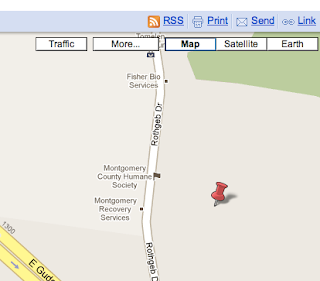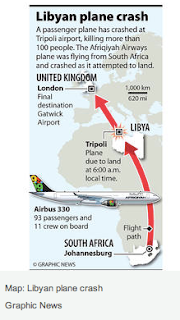My beloved friend and mentor, Vera Foster Rollo, 85, passed away this month. My wish is that everyone crosses paths with someone who has influenced their life in a very special way. For me it happened in 1988.
I first met Vera Rollo at a Prince George’s Writers meeting. From the beginning, I was intrigued by this smart but whimsical woman. We began talking and became fast friends. I was a stay-at-home mom at the time with a journalism degree that I hadn’t used in eight years and I wanted to keep up my writing skills. Vera offered me a chance to do some editing, proofreading and marketing for her publishing company, Maryland Historical Press.
I was always intrigued by this funny little lady who had such a “can do” spirit about her. The more I got to know her, I discovered she didn’t possess any greater journalistic skill than me, but what she did possess was a wonderfully optimistic look at life, and she was successful and happy doing what she loved.
So, for several years, after I dropped off my kids at school, I went to her house and worked on some book projects with her around her dining room table, sipping tea, and taking in the wonderful view of her lovely backyard in Lanham. Of course, we were always surrounded by dogs.
It was a little bit of heaven slipped into my week of chasing after children and other demands of motherhood. Together we worked on such titles as “Who is Uncle Sam?,” “The American Flag,” “Bill Clinton: Eyes on the Future,” “Presidents and Their Pets,” and “Burt Rutan: Eyes on the Future.” Project after project, Vera would say, “Isn’t it amazing what two little women can accomplish?”
I remember asking her how Maryland Historical Press got started and she told me the story about how her son Mike came home from school and said they didn’t have a textbook to learn about Maryland history, so she decided to write one. Then she couldn’t sell it because she didn’t have a degree. So, she got one. When she couldn’t find a publisher, Vera declared: “Like the Little Red Hen, I dug my heels in and said, then I’ll do it myself!” So Maryland Historical Press was born.
Vera showed me that, yes, I can do anything I put my mind to and can have fun along the way. She never seemed to dwell on negatives but always put a positive spin on life. When I would say, “Wow, the unemployment rate is 10 percent. She would say, “yes, but look at it this way: 90 percent of the people have a job.”
What Vera showed me was the way she led her life: Keep your outlook positive. No matter what, you can accomplish whatever you set out to do. She always cheered me on and made me feel like I could do anything.
So, it’s no surprise that, 20 years later, when I was presented with an opportunity to start up my own travel magazine, Trips & Getaways, I thought about Vera. When I called her to ask her advice, she again cheered me on. Yes, I could do it!
Like Maryland Historical Press, Trips & Getaways never made it into the Fortune 500, but I’ve been able to carve out a little piece of the market for me. And most of all, to take great joy in my profession. I often sit back and think about how much fun we had working together around her dining room table. After all, Vera taught me that you don’t have to make a million to be happy and successful in life.
I feel very blessed to have this lovely lady’s indomitable spirit touch my life. This past January, I decided to go back to school to get my graduate degree in journalism to keep myself current in the ever-changing world of the new media. Sometimes, I think, can I really do this? Then I remember attending Vera’s graduation party when she got her Ph.D. at age 60, and I think, yes I can.
Today, others seem to be inspired that this newspaper’s managing editor has the courage to start graduate school, and that I have a travel publishing company. Well, I tell them: “Isn’t it amazing what a little woman can accomplish?”






